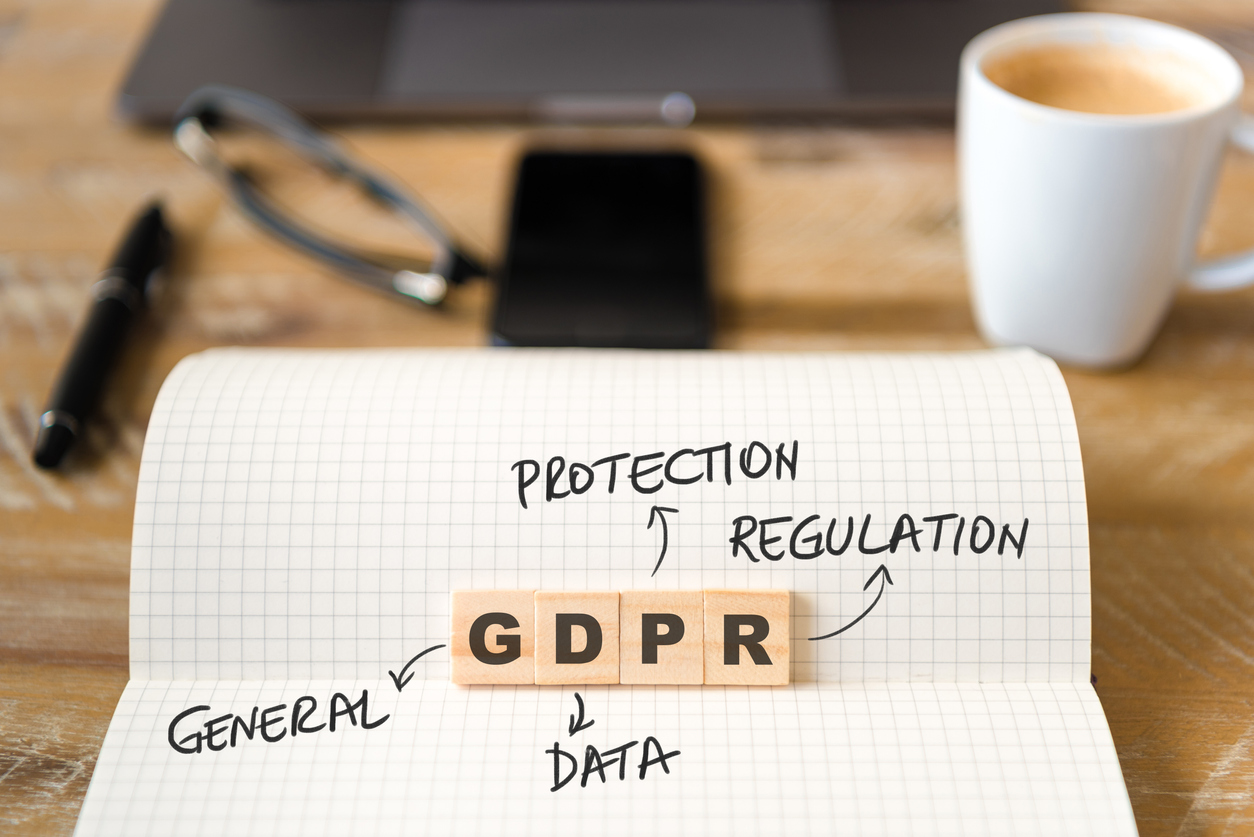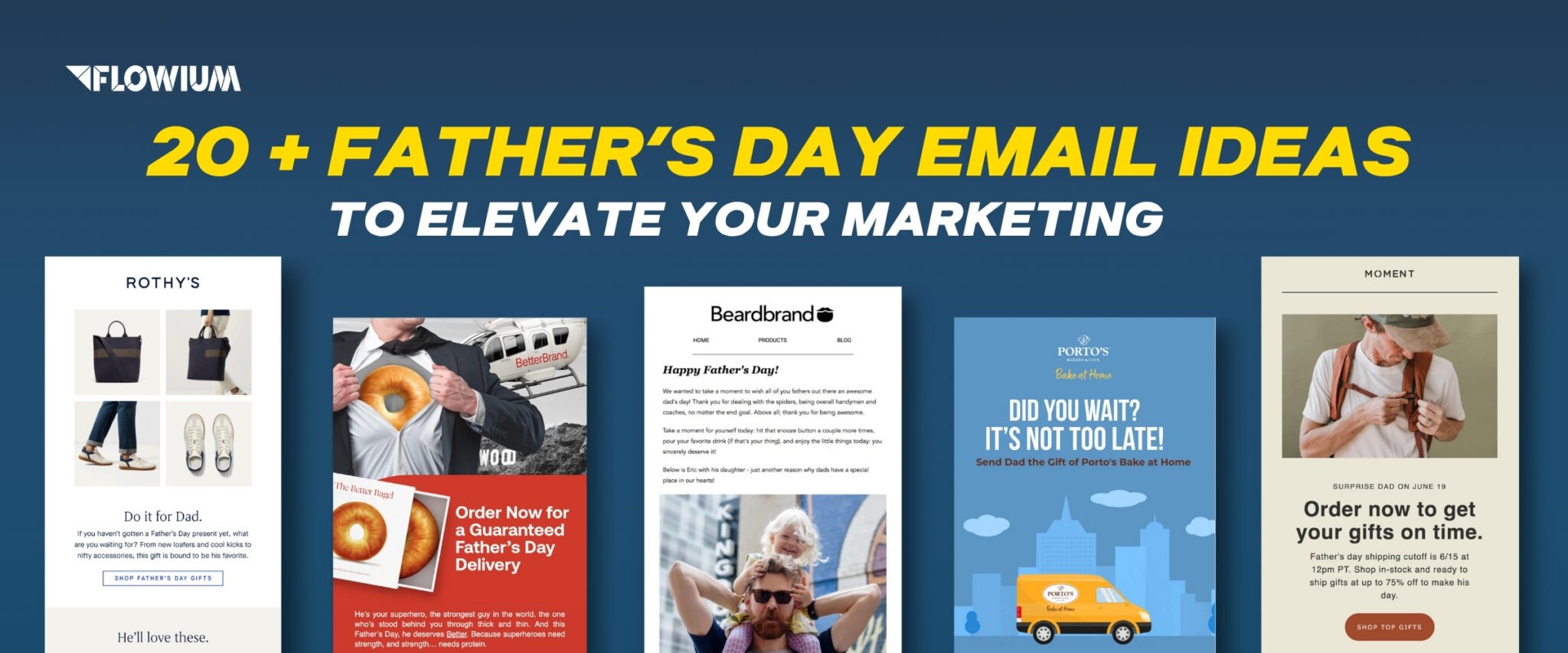Do you know there are specific ways your business must carry out GDPR email campaigns if you want to stay on the right side of the law? The GDPR is arguable the strictest privacy security law in the European Union, and it guards the way companies process customer data.
The General Data Protection Regulation came into effect a few years ago on the 25th of May, 2018. Since then, it has revolutionized the laws that protect people’s private information. That is not all. Depending on the verdict, violating the GDPR can lead to harsh that can run into millions of euros.
Therefore, it is safe to say it is an excellent idea for businesses to research the GDPR and how it affects their operations.
Fortunately, we can help.
We’ve done our homework and provided a compact but comprehensive introduction to what the GDPR is.
Furthermore, you’ll discover insight into how the GDRP can affect your email campaigns. Most importantly, we’ll share some tips on staying on the right side of these privacy laws.
What is the GDPR?
The General Data Protection Regulation, or GDPR, is a compilation of strict privacy laws that were drafted and effected by the European Union (EU) to protect the use of an individual’s private data.
However, although the EU passed the GDRP, it affects the operations of global organizations as long as they use data of people in the EU.
The European Union’s goal with the GDPR was to affirm its unwavering sentiments on data security and privacy, especially in a time when more people are trusting online services with their private data.
Almost five years later, the GDPR is still doing its thing and has replaced several decades-old data protection.
Of course, this means that the GDPR also covers email campaigns and how you use the customer data that you get.
Therefore, it is essential that you understand where to focus your GDPR compliance efforts, the repercussions of infringement, and how to reduce risks.

How GDPR Affects Email Campaigns and eCommerce in General?
According to the EU, the GDPR aims to synergize data privacy laws between all the countries in the union, ensuring ultimate protection and upholding of individual rights.
Unfortunately, this means there are restrictions to the way you use subscriber data during your email campaigns.
For instance, there has to be consent or other legal before using subscribers’ private data in your business email campaigns.
Remember, you don’t have to be in Europe to be under the covering of the GDPR. As long as you operate with people’s data in EU countries, the GDPR laws govern your email campaigns.
That said, let’s walk you through how to ensure you’re always in compliance.
How to Ensure GDPR Compliance for Email Campaigns
The GDPR has seven core principles:
- Lawfulness, fairness, and transparency
- Purpose limitation
- Data minimization
- Accuracy
- Storage limitation
- Integrity and confidentiality (security)
- Accountability
As long as you stay within the confines of these principles, you’ll likely not have to worry about breaking any GDPR law. Here is our GDPR checklist to help you stay compliant.
However, here are some more strategies to ensure your business email campaigns adhere to the GDPR:
Always get consent
Understandably, you need subscriber data to sell your services and products via email.
However, while there are several ways you can acquire these data, the GDPR states that you obtain consumers’ consent before adding them to email subscriptions and other marketing campaigns that involve their data.
Document consents
After gaining approval from your consumers, it is also an excellent idea to store all the consents gotten from subscribers.
This way, you always have proof that you followed due process in acquiring the subscriber data you now possess.
As a rule of thumb, the database of consents must contain some essential details, including the identity of the approved consumer, the date they gave their permission, and the details of what the consumer agreed to should be added.
In addition, the report needs to include how you gained this consent from the consumer.
Provide privacy policies
One of the requirements for GDPR email campaigns is to provide a comprehensive privacy policy. This privacy policy must include all detailed figures about the consumers’ data gathered.
In addition, you also need to add the details of how you intend to use the data.
Your company’s privacy policy should be open to all and must be apparent in the GDPR opt-in form for your email campaign.
Aside from the fact that having a clear and concise is regulatory, it also portrays you as a trustworthy business.

Offer the option of revoking consent
If subscribers wish to opt out of your email campaign, you need to provide a way for them to do so easily. Furthermore, you also need to offer them the option of having their data permanently deleted from your database.
So, when you send out your emails, be sure to provide the option to opt-out or unsubscribe. And make it easily accessible!
Put out honest content
The GDPR also has some guidelines for the kind of content you put in your email campaigns and how you present them.
For instance, every email you send must carry the sender’s identity, your physical business address and convey what kind of content it is. In other words, don’t send deceptive emails.
Other GDPR eCommerce Compliance tips
- Carry out an audit on the information your business uses to determine what kind of information it is and who can access it.
- Ensure you have legal backing for your data operations and processes.
- Include transparent information about how your business processes data and your legal basis in your company’s privacy policy.
- In addition to GDPR opt-in for your email campaign, always add an opt-out option in your email footers.
Final Take
Understandably, operating email campaigns in full GDPR compliance can be a challenge, especially for newer eCommerce businesses.
But, it’s worth putting in the work. It not only prevents your business from coming under privacy lawsuits and having to pay fines but also portrays your brand as trustworthy and security-conscious.
This makes potential customers more likely to do business with you.
Hopefully, this article has given you insight into what the GDPR is, how it affects your eCommerce operations and how to stay in compliance with its laws.
Further Reading
How to Create an Email Sequence in Mailchimp
What Is the Best Email Campaign Software
How to Launch Salesforce Email Campaigns
Email Campaign Design: The Best Tips And Ideas For You







